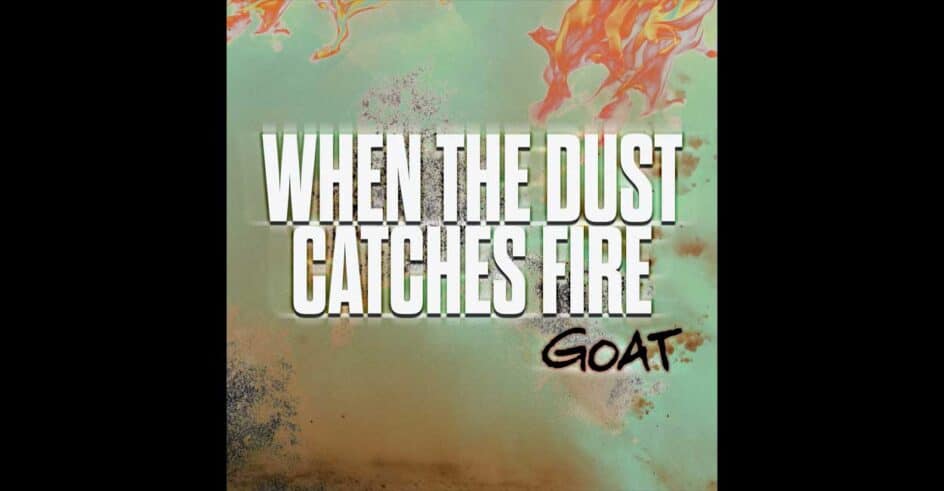In the digital era, every parent must deal with their children’s problems using their phones for a more extended time. Moreover, social media has brought a lot of online risks and threats for young children and teenagers. So, it has become necessary for parents to ensure their kids’ online safety. This article has described the most dangerous social media apps for kids’ parents should know about.

Parenting in the digital age has been the most challenging task. Today’s youth is no exception to the technological craze that engulfed the world. Technology has revolutionized the entire world, including our daily lives. However, these tech enhancements and the rise in popularity of social media have been a major hassle for parents as they can expose their kids’ privacy, resulting in a major psychological impact.
Social media apps can bring up a lot of risks for young people, including online bullying, harassment, abuse, fraud, cyberstalking, and many more. Being responsible parents, we must do all we can to keep our kids safe from the social media risks that might be dangerous for kids in terms of their mental health and well-being.
So, what are the dangerous social media apps for kids that you should know? Let’s dive in to learn more.
8 most Dangerous Social media apps for kids
Here are the most dangerous social media apps for kids:
Omegle

Omegle is a text and video chatting program that allows users to communicate with strangers anonymously. Children mostly find Omegle attractive, but there are several risks associated with the app which can directly or indirectly impact them.
In Omegle, there are lots of live flirting, lie nudity, and sexual interaction. Currently, it doesn’t have any comprehensive safety guidelines or parental controls to keep your children safe. So, the considerable chance of your children being exposed to pornographic or sexually explicit kinds of stuff at an early age makes Omegle dangerous for young kids and teens.
Tinder

Tinder is a famous dating app that connects people across different regions of the country who are looking for a romantic relationship. Using the tinder app, users can search and like/dislike by swiping images of other users, and it finds the other users nearby using your device’s GPS.
Cyber attackers and bullies can create fake profiles on tinder to connect with your children, which can negatively impact them. So, parents should be concerned if their kids are active on tinder.
Kik Messenger

Kik Messenger is a free instant messaging app like a Facebook messenger supported by both android and iOS devices. Teens are attracted by Kik Messenger as it offers to stay anonymous and protect their privacy.
Although Kik’s privacy features may seem appealing to some parents, the absence of accountability can be the fear factor. Kik resembles Omegle in anonymity but carries the risks of endangering your kids’ digital life.
Clubhouse

Clubhouse is designed as a live audio drop-in application to create/join rooms and connect with people globally. It initially helped many people, including children, learn a variety of fresh facts and perspectives on new topics with active listening. But lately, 18+ rooms were out-spreading more adult conversations that attracted more cyberbullies and predators in the Clubhouse.
Moreover, Clubhouse lacks safety protocols and enables users to register without an age verification system. This is why Clubhouse has lately become a dangerous app for young children.
Snapchat

Snapchat is widely used and one of the most popular social media applications that allow users to send and receive snaps (disappearing images and videos) and text messages. Although Snapchat is a fun messaging platform, it has a huge risk for exposing its user to explicitly pornographic content.
Also, many fake accounts on Snapchat encourage cyber predators, potentially making the app dangerous for your kids. So, parents should look out for their kids who use Snapchat.
Bigo Live

Bigo Live is a live video-sharing social media application that allows users to stream live videos, publish content, and chat. This software enables users to show-case their talent.
Bigo Live comes with the danger of certain user-generated content, including abusive language, online assault, or any sexual content such as seduction or seductive conversation. Furthermore, the user comments on such content are opportunistic, vulgar, and intimidating. So, Bigo Live is also a most-not-use social media app for kids.
Whisper

Whisper is a confessional app that allows users to post anonymous confessions that young kids and teenagers widely use. But the threat this software poses to children and teenagers is quite concerning. It was observed that children were posting their Snapchat codes on Whisper, allowing anybody to add them in Snapchat maps where predators can track their exact locations using Snapchat.
Due to the lack of restrictions and safety measures, our only advice would be to keep your children away from Whisper social media apps. It only exposes them to strangers over the globe and even within a few miles of their location.
TikTok

TikTok has become one of the most popular video-sharing platforms lately that allows users to upload video clips, stories, chat and go live. With the term “viral” introduced in social media, users start making content to get viral. So, with viral content abuse, bullying, and seductive posts, comments and messages rose in TikTok.
Although TikTok has implemented some privacy features, it is still not secure for young kids to use TikTok.
How to prevent kids from the danger of social media?
Keeping track of what your children are doing on the internet is critical. In contrast, spying might make them feel uncomfortable and determine the trust built up through them. Staying connected in a manner that allows your children to realize that you value their privacy while ensuring their safety is critical.
Here are some tips on how you can prevent your kids from social media danger:
- Use parental control apps to restrict your kid’s social media usage.
- Monitor your child’s privacy settings.
- Check for personal data like phone number, address, and location.
- Don’t let them share photographs or videos that potentially harm their safety or identity.
- Guide them to choose a strong password.
- Never let your kids accept friend requests from strangers.
- Have open conversations with your child.
Final Words
Nowadays, youngsters can’t escape the ever-evolving and technology-driven social media world. It’s the parent’s responsibility to be more watchful and aware of the potentially harmful social media applications to keep their children on the right track.
The use of social media platforms can negatively impact your child’s mental and emotional well-being. So, as a parent, it’s up to you how you protect your kids from the danger of social media.

















